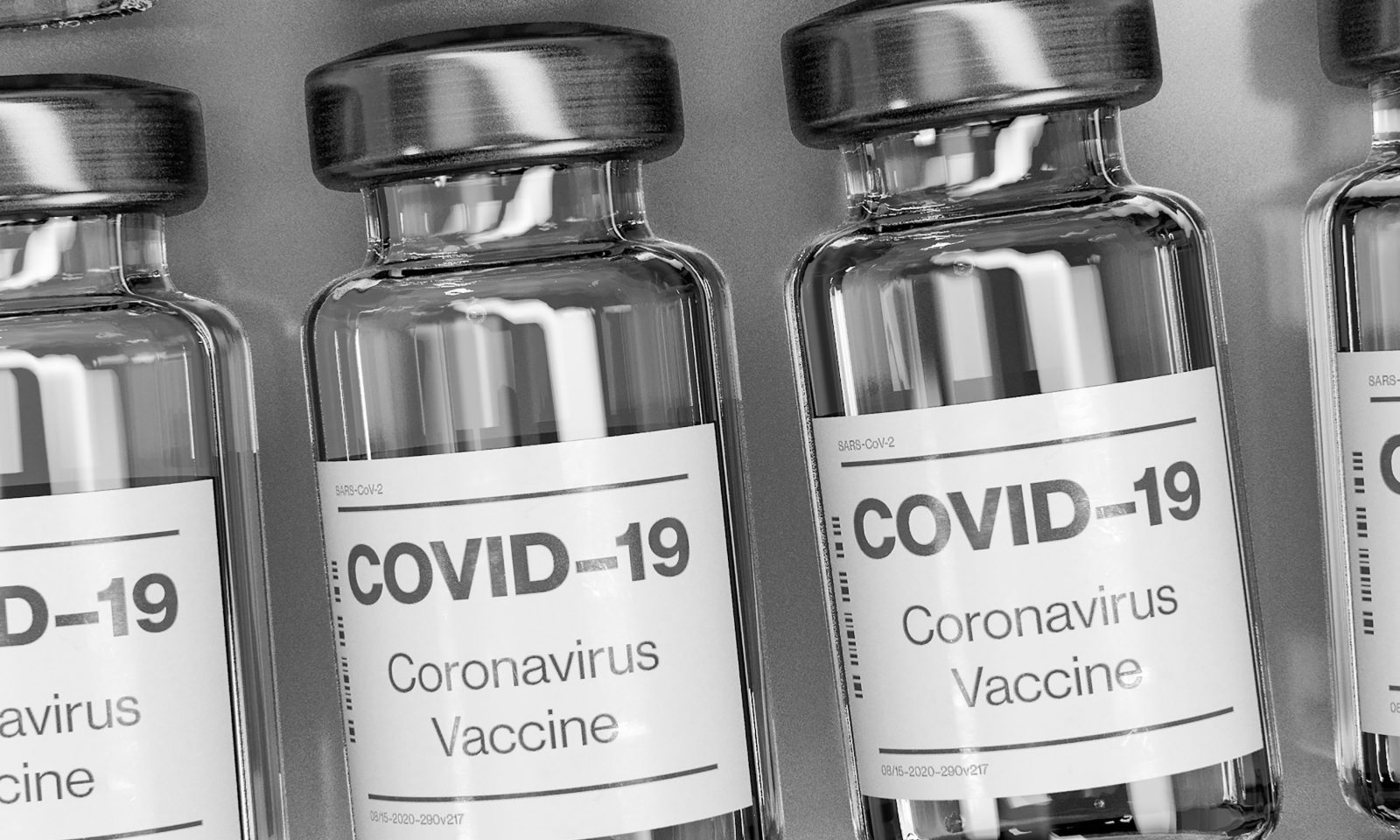Temporary waiver of intellectual property rights should not apply only to patents
COVID 19 jumps over all the walls and does not know the difference between rich and poor, and this is why solidarity is necessary, even through the temporary waiver of intellectual property rights. When will the EU follow this example? And why it’s important that the waiver doesn’t apply just to patents. This was explained by dr. Maja Bogataj Jančič to Nataša Briška and Aljaž Pengov Bitenc, who invited her to the European Quarter.
In October last year, India and the Republic of South Africa proposed to temporarily waiver of intellectual property rights under TRIPS in order to overcome COVID-19. Developed countries were not in favor of this proposal. In May, however, the US administration surprised and supported the efforts of underdeveloped countries with a statement of a representative of the U.S. Trade Representative’s Office Katherine Tai. Dr. Maja Bogataj Jančič sees the US move as reasonable, yet she pointed out that patents alone are not an obstacle in the fight against COVID-19. The EU must now take the right step.
You are kindly invited to listen to the podcast, which is available here.
The Grand Board of the European Union Intellectual Property Office (EUIPO) finally ruled that the figurative sign ‘COVIDIOT’ cannot be registered as an EU trademark.
The 4th Open Knowledge Day took place on Tuesday 17 October 2023, with an accompanying workshop on 18 October 2023. This year it was organised by the Open Data and Intellectual Property Institute (ODIPI) and supported by Knowledge Rights 21 (KR21).
We invite you to the fourth Open Knowledge Day and the workshop, which will take place this year within the framework of the programme and with the support of Knowledge Rights 21. The event will bring together experts from different European countries to discuss two topics: the first part will deal with the legal basis for data analytics, which is a key part of machine learning and related artificial intelligence, and the general exception for research. In the second part, open science in theory and practice will be presented both in Slovenia and in some Western Balkan countries. Representatives of research and educational institutions from Slovenia and the Western Balkan countries, as well as interested members of the public, are invited to attend.
Dr. Maja Bogataj Jančič, a renowned expert in copyright law, has joined the Berkman Klein Center for Internet & Society at Harvard University, where she will serve as an affiliate researcher for the next two years.





